State leaders of almost 30 countries – including Russian President Vladimir Putin and delegates from more than 100 countries – have agreed to work together to build roads, railways, ports and other key infrastructure in one of the world’s biggest economic project led by China. Representatives from United States and North Korea were also present.
The “One Belt, One Road”, or simply OBOR, the brainchild of President Xi Jinping, is China’s biggest economic diplomacy programme. First announced in 2013, the mind-boggling plan aims to connect Asia, Europe, the Middle East and Africa with a vast logistics and transport network, involving 65 countries.
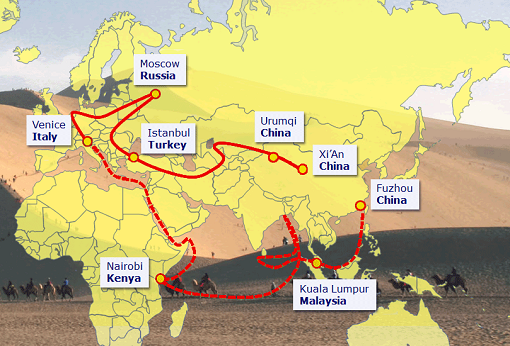
Together, they account for one-third of global GDP and 60% of the world’s population. However, not everyone who attended the 2-day conference in Beijing started on Sunday agrees with the mega project. That’s rather strange considering China pledges to pump more than US$100 billion to finance projects under the OBOR initiative.
Besides Bhutan, one major country which stood up to China by boycotting the summit was none other than India. Indian Prime Minister Narendra Modi rejected President Xi Jinping’s offer to participate in the ambitious project. Apparently, India is upset over China-Pakistan economic engagement, the same way China goes ballistic over U.S.-Taiwan relationship.
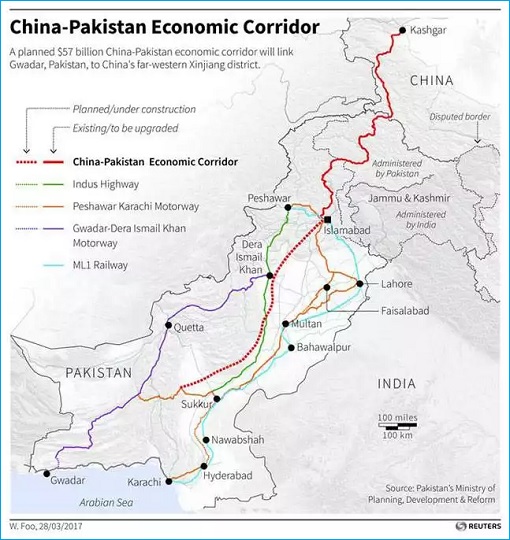
New Delhi firmly opposes US$46-billion CPEC (China-Pakistan Economic Corridor), a China’s investment which will link Xinjiang in China and the Gwadar port in Pakistan, because it passes through Pakistani-occupied Kashmir. India refused to attend the forum in Beijing because to do so would send a wrong message – that India was surrendering its claims over the disputed region.
Although Beijing has repeatedly assured New Delhi that China will not change its position on the Kashmir dispute between India and Pakistan, New Delhi wasn’t convinced. External Affairs Ministry spokesperson Gopal Baglay said – “No country can accept a project that ignores its core concerns on sovereignty and territorial integrity.”
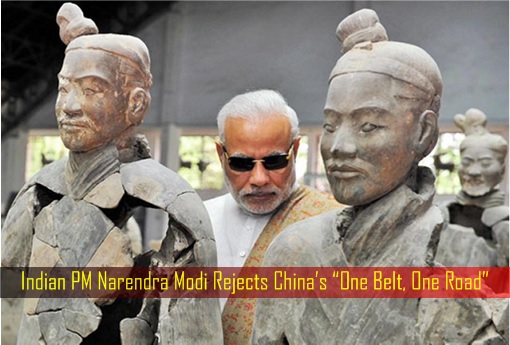
Samir Saran, vice president of the New Delhi-based Observer Research Foundation, said – “The corridor would destroy any chance of a peaceful settlement of the Kashmir dispute. In effect, Pakistan and China are suggesting that it is conceivable Kashmir can be segregated into separate units that merit unique economic, political and military engagement.”
But the dispute over Kashmir with Pakistan isn’t the only issue that India is avoiding China’s OBOR initiative. Mr. Baglay said – “We are of firm belief that connectivity initiatives must be based on universally recognised international norms, good governance, rule of law, openness, transparency and equality.” It appears both New Delhi and Beijing have an axe to grind.
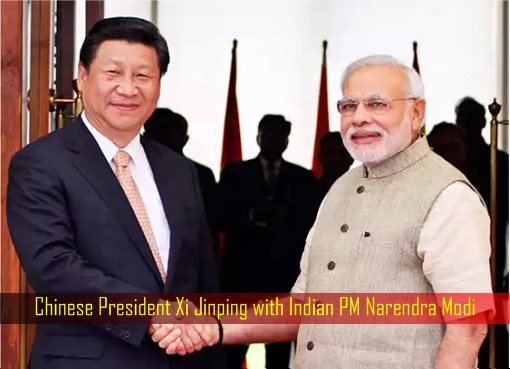
Although India found support from countries such as the U.S., UK, France and Russia; China has repeatedly opposed New Delhi’s bid to enter the 48-nation Nuclear Suppliers Group (NSG). A membership seat at the NSG is crucial for India because this exclusive group of 48 countries controls the global trade in nuclear technology.
China argued that any concession extended to India must apply to its nuclear-armed neighbour Pakistan, which, too, has sought NSG membership. China’s opposition probably stems from the fact that India’s entry into NSG could change South Asian geopolitics. Obviously, China doesn’t want India to be on an equal footing in this prestigious club.
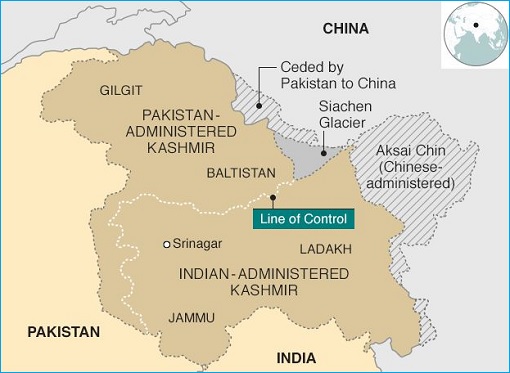
New Delhi and Beijing have a long history of territorial disputes. Last month, China warned India of serious damage to relations following an April visit by the Dalai Lama to Arunachal Pradesh – an Indian state that’s also partly claimed by Beijing. Both nations are also fighting over the region of Aksai Chin, which is administered by China but New Delhi says at least 38,000 square kilometres belong to them.
More importantly, India is suspicious about the real intention of OBOR. The Indians believe OBOR has a secret agenda of expanding the Chinese territorial objective – to build influence in its neighbourhood. If India allows China to build roads and bridges on its territory, it would strengthen Beijing’s claims on parts of north-eastern India that it claims as its own territory.
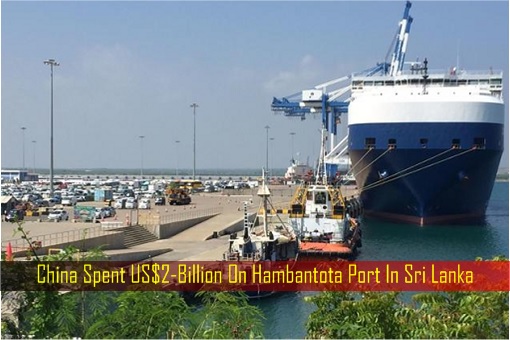
India’s concern about national sovereignty cannot be underestimated. China’s economic colonization can be seen in Sri Lanka where construction of ports and highways in the country have resulted in huge debts, exorbitant interest rates, bribing of political leaders and even to the extent of attempting to influence Sri Lanka’s foreign policy.
New Delhi understood very well that there’s no free lunch and therefore, it doesn’t make sense that Beijing would splash billions or trillions of dollars on foreign soil without getting something back in return. Beijing has shown its willingness to bailout corrupt leaders such as Malaysian Prime Minister Najib Razak, in exchange for strategic national assets such as ports and lands.
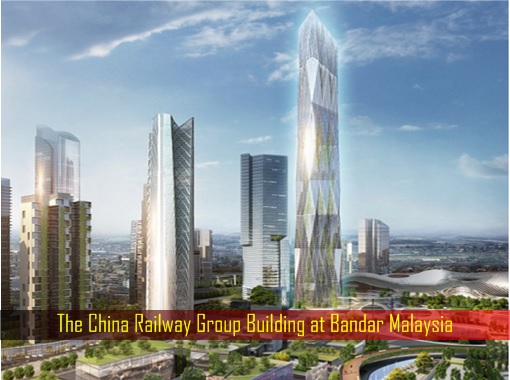
From the feasibility perspective, India doesn’t think China’s OBOR is in good shape. After three years since the announcement of the ambitious plan in 2003, there hasn’t been any detail operational plan. Either OBOR is merely an empty rhetoric or the whole project is just a game of deception. In a nutshell, there’s a layer of strategic mistrust between New Delhi and Beijing.
But India can afford to criticize China simply because like the Chinese, the Indians are on their way to become the world’s superpower. Even without New Delhi’s participation in OBOR, Beijing finds no reason to stop investing in India. In fact, it was Indian Prime Minister Narendra Modi who tries to stop China’s influence by launching a “Make in India” initiative.
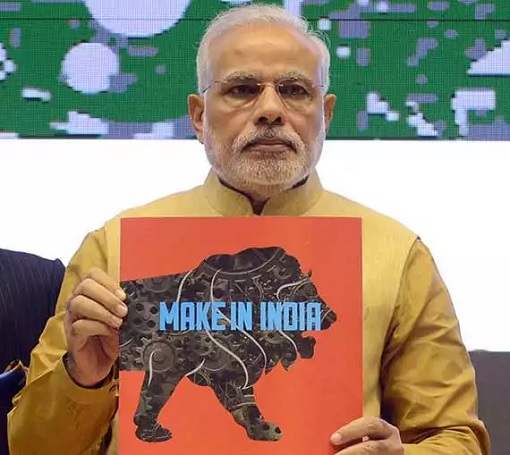
Other Articles That May Interest You …
- China Invasion – Top 10 American Iconic Brands Now Owned By Chinese
- Sorry Colonial Master Britain, India Is Now The World’s 6th Largest Economy
- Globalism & Capitalism Not Working – 0.7% Rich Population Control US$116.6 Trillion
- Bandar Malaysia Has Become “Bandar China” – The U.S. & Malays Conned By Najib
- Here’s Why Pokémon Go Isn’t Available In China, India & South Korea
- Move Over U.S. & New York, Now China & Beijing Have More Billionaires
- Which One Most Costly – U.S. Attack On Syria, NASA Or Indian’s Mars Probe?

|
|
May 16th, 2017 by financetwitter
|


|

|

|

|

|

|




























Comments
Add your comment now.
Leave a Reply